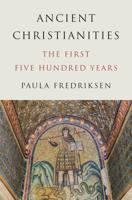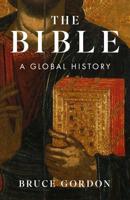Publisher's Synopsis
What is tradition? A higher authority, which is obeyed, not because it commands what is useful to us, but merely because it commands. And in what way can this feeling for tradition be distinguished from a general feeling of fear? It is the fear of a higher intelligence which commands, the fear of an incomprehensible power, of something that is more than personal-there is superstition in this fear. In primitive times the domain of morality included education and hygienics, marriage, medicine, agriculture, war, speech and silence, the relationship between man and man, and between man and the gods-morality required that a man should observe her prescriptions without thinking of himself as individual. Everything, therefore, was originally custom, and whoever wished to raise himself above it, had first of all to make himself a kind of lawgiver and medicine-man, a sort of demi-god-in other words, he had to create customs, a dangerous and fearful thing to do!-Who is the most moral man? On the one hand, he who most frequently obeys the law: e.g. he who, like the Brahmins, carries a consciousness of the law about with him wherever he may go, and introduces it into the smallest divisions of time, continually exercising his mind in finding opportunities for obeying the law. On the other hand, he who obeys the law in the most difficult cases. The most moral man is he who makes the greatest sacrifices to morality; but what are the greatest sacrifices? In answering this question several different kinds of morality will be developed: but the distinction between the morality of the most frequent obedience and the morality of the most difficult obedience is of the greatest importance. Let us not be deceived as to the motives of that moral law which requires, as an indication of morality, obedience to custom in the most difficult cases! Self-conquest is required, not by reason of its useful consequences for the individual; but that custom and tradition may appear to be dominant, in spite of all individual counter desires and advantages. The individual shall sacrifice himself-so demands the morality of custom.On the other hand, those moralists who, like the followers of Socrates, recommend self-control and sobriety to the individual as his greatest possible advantage and the key to his greatest personal happiness, are exceptions-and if we ourselves do not think so, this is simply due to our having been brought up under their influence. They all take a new path, and thereby bring down upon themselves the utmost disapproval of all the representatives of the morality of custom. They sever their connection with the community, as immoralists, and are, in the fullest sense of the word, evil ones. In the same way, every Christian who "sought, above all things, his own salvation," must have seemed evil to a virtuous Roman of the old school.










